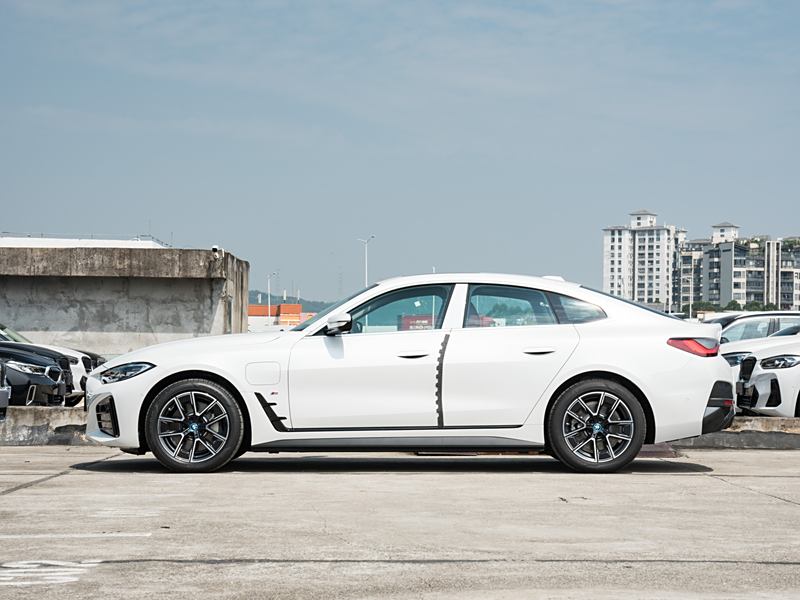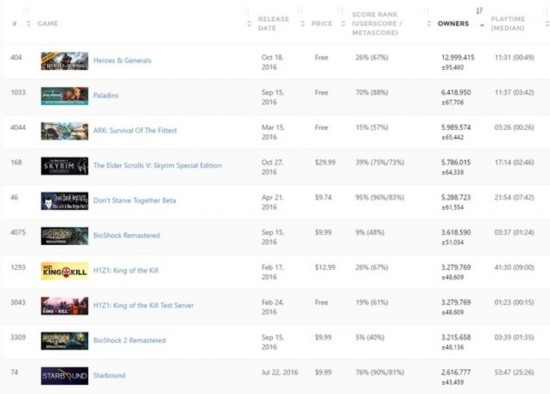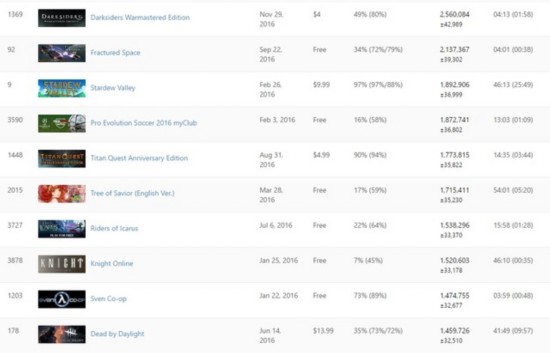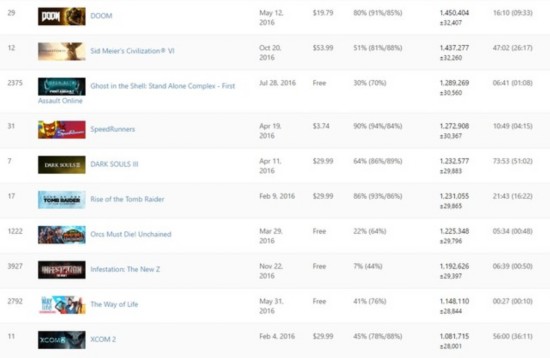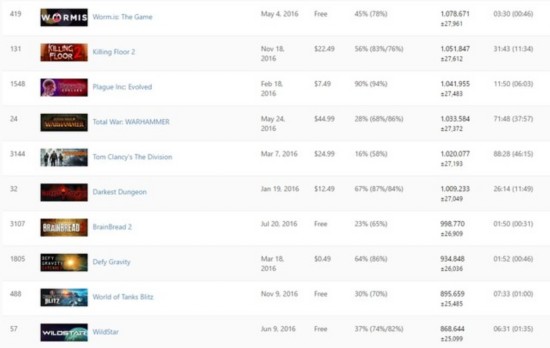In the name of "counterfeiting", the act of making profits through malicious complaints will be restricted from next month. On January 1, 2020, the Interim Measures for Handling Complaints and Reports of Market Supervision and Management (hereinafter referred to as the Interim Measures) newly issued by the State Administration of Market Supervision will be officially implemented, which clearly stipulates that the complaints initiated by "not buying or using goods or receiving services for the needs of daily consumption, or not proving that there is a dispute between consumers and the respondent" will not be accepted by the market supervision and management department.
Professional claimant
Extortion in the name of counterfeiting
In recent years, a considerable number of professional claimants have appeared. They take advantage of the loopholes in the shelf life of goods and the description of advertising language, deliberately buy in large quantities, demand compensation from merchants, and even become professional claimants. These professional counterfeiters are usually parasitic on major e-commerce platforms, extorting money from merchants in the name of counterfeiting, using punitive damages for their own profit or taking the opportunity to extort money from merchants, and some behaviors seriously violate the principle of good faith, ignore judicial authority and waste judicial resources.
According to a survey conducted by the Shanghai Industrial and Commercial Department in 2016, among the occupational claims received by the 12315 Center in the first half of that year, only 20 cases really constituted consumer fraud after investigation, and the remaining 99.83% of the enterprises claimed had no substantial consumer fraud.
"Legal Daily" once reported that some counterfeiters used cotton cloth dipped in special medicine to erase the production date of goods, or used needles to stick holes in bread to claim compensation from merchants.
"Professional Chihuo"
If you receive a refund, you will be sued by Taobao.
The so-called "professional foodie" (only refund and no return) is a nickname for a professional claimant who has changed his technique on the Internet. Zhou, a Taobao buyer, registered a Taobao account with his identity information last year and began to place orders crazily, with 633 transactions a month.
Among them, from June 7 to June 16, 2018, 289 orders were placed, 281 refunds were applied for that month, 277 refunds were successful, and the actual refund amount was 3,854.54 yuan; During the period from July 1 to July 5, 2018, 344 orders were placed, 343 refunds were applied for that month, 335 refunds were successful, and the actual refund amount was 18,842.53 yuan. In the past month or so, Zhou has placed a total of 633 orders, only 624 applications were refunded, and 612 refunds were successful, amounting to more than 32,000 yuan. After receiving the goods, Zhou applied for 624 refunds but refused to return them.
On December 19, 2018, Taobao sued Zhou to Hangzhou Internet Court, demanding that the court order the defendant to compensate Taobao for its economic losses and reasonable expenses (legal fees) of 10,000 yuan.
Taobao believes that Zhou’s malicious refund behavior is an abuse of membership rights and a serious violation of the service agreement, which has caused a serious negative impact on Taobao’s economy and goodwill and should compensate for the losses.
After trial, Hangzhou Internet Court held that the application for refund only initiated by defendant Zhou obviously did not conform to ordinary people’s shopping habits, and the reasons for refund were repetitive and single. His behavior was an abuse of the rights of Taobao platform members, which damaged the reputation of Taobao sellers who operated honestly and legally, interfered with the normal operation order of Taobao, and made Taobao spend more material resources to deal with the defendant’s false complaints, causing actual losses to Taobao, and directly destroyed the integrity and fairness that Taobao and the whole society jointly advocated and devoted to building and maintaining. The court ruled that the defendant Zhou compensated Taobao for its economic loss of 1 yuan and reasonable expenses (legal fees) of 10,000 yuan. It is understood that this case is the first judgment made by the court in a series of cases in which Taobao sued for malicious refund.
Form an industrial chain
Showing a trend of gang specialization
The routine of malicious claims is getting deeper and deeper, even showing the trend of gang, specialization, scale and stylization, which is embodied in mentoring, training and output, focusing on packaging and publicity defects.
Professional claims consume four to five times as much resources as normal complaints, and public resources are squandered by a few gangs, which makes it impossible to deal with problems that really affect consumers and market order.
Official website, a law firm, shows that there are dozens of cases in which professional counterfeiters claim compensation. The Beijing Youth Daily reporter saw that Xiaomei, the owner of the online shop, said that a product sold in her shop was sold in bulk because of its large packaging, and it was caught by the professional counterfeiter "buyer" without QS label. The other party said, "Claim 10 times, and only refund is not returned". The store estimated that this single order of dried fruits with a price of more than 100 yuan, in addition to the loss of principal, had to pay compensation to 1000 yuan, which caused heavy losses. According to Xiaomei, there are more than 30 complaints from stores similar to her.
Text/reporter Yan Lishuang
Unlike professional counterfeiting,
The "malicious claims industry observation report" pointed out that, unlike professional counterfeiting, "professional claims" are often extorted in the name of counterfeiting. The general path is "one buy, two talk, three report, four review and five lawsuit".
Number of malicious complaints
In September this year, the symposium on professional claims held by China Market Supervision Newspaper revealed that in recent years, the number of malicious complaints and reports of "professional claims" initiated in the name of "counterfeiting" and "safeguarding rights" exceeded 1 million each year.
Governance means
Many parties have called for curbing the frequent occurrence of vicious claims management documents.
With the social harmfulness of occupational claims becoming increasingly prominent, the voice of curbing occupational claims is getting higher and higher. At the recent 2019 Internet Law Conference, the "Malicious Claims Industry Observation Report" was released. According to the Report, professional claims have affected businesses, platforms, regulatory authorities, judicial departments and other parties, undermined the market business environment, and encroached on the judicial law enforcement resources for consumers’ legitimate rights protection.
According to public information, nearly 40 NPC deputies have put forward suggestions to standardize occupational claims. For example, Chu Xiaoqin, a deputy to the National People’s Congress, put forward at the two sessions of the National People’s Congress in 2018 that the motive of "professional claims" is not to purify the market, but to use punitive damages to make profits for themselves or take the opportunity to extort money from merchants. Some behaviors seriously violate the principle of good faith, ignore judicial authority and waste judicial resources. Therefore, she suggested gradually curbing the profit-making counterfeiting of professional claims.
Since the beginning of this year, the central government’s governance documents on occupational claims have also been issued frequently. On May 20th, the Central Committee of the Communist Party of China and the State Council issued the Opinions on Deepening Reform and Strengthening Food Safety, stating that "malicious reporting of illegal profits should be severely cracked down according to law".
On August 8th, the General Office of the State Council issued the Guiding Opinions on Promoting the Healthy Development of Platform Economy, demanding to effectively protect the legitimate rights and interests of participants in the platform economy and crack down on extortion in the name of "counterfeiting".
"Standardizing profitability according to law ‘ Counterfeiting ’ And claims. " On September 6th, the State Council issued the Guiding Opinions on Strengthening and Standardizing Post-event Supervision, which also made this clear.
In its reply to Li Changqing, a representative of the National People’s Congress, at the end of August this year, the General Administration of Market Supervision made it clear that occupational claims have deviated from the legislative intent of the civil punitive damages system stipulated by laws such as the Consumer Protection Law, and will cooperate with the Ministry of Justice to issue the Regulations on the Implementation of the Consumer Protection Law as soon as possible, so as to specify in detail that defects such as advertising, labeling and instructions that do not affect the quality of goods or services and will not mislead consumers are not fraudulent acts.

